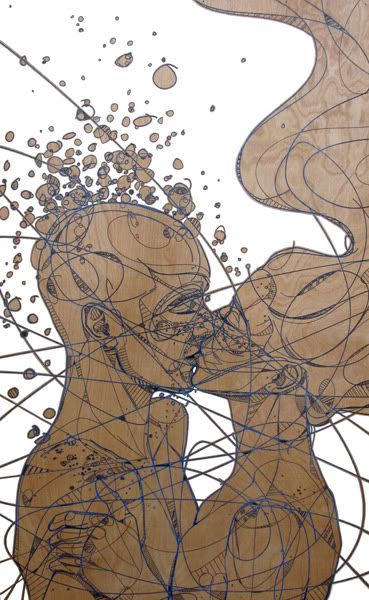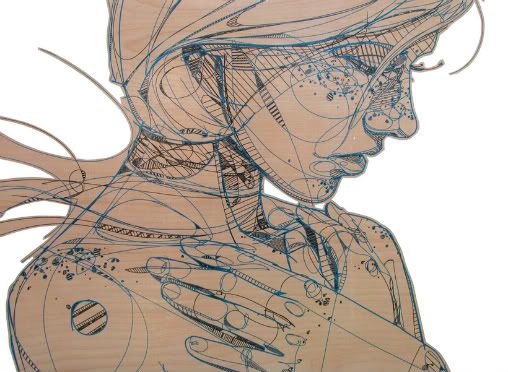The Way of Transformation by Karlfried Graf Von Dürkheim

How do we make the teachings real? In the midst of our over-scheduled lives, how do we discover our inherent clarity and compassion? How do we develop trust that openness and maitri are available even in the most frantic moments? When we feel left out, inadequate, or lonely, can we take a warrior's perspective and contact bodhichitta?
Sharing the heart is a simple practice that can be used at any time and in every situation. It enlarges our view and helps us remember our interconnection. A version of tonglen on the spot, it is also a method for enhancing our ability to rejoice.
The essence of this practice is that when we encounter pain in our life we breathe into our heart with the recognition that others also feel this. It's a way of acknowledging when we are closing down and of training to open up. When we encounter any pleasure or tenderness in our life, we cherish that and rejoice. Then we make the wish that others can also experience this delight or this relief. In a nutshell, when life is pleasant, think of others. When life is a burden, think of others. If this is the only training we ever remember to do, it will benefit us tremendously and everyone else as well. It's a way of bringing whatever we encounter onto the path of awakening bodhichitta.
Even the simplest of things can be the basis of this practice---a beautiful morning, a good meal, a shower. Although there are many such fleeting ordinary moments in our days, we usually speed right past them. We forget what joy they can bring. So the first step is to stop, notice, and appreciate what is happening. Even if this is all we do, it's revolutinary. Then we think of someone who is suffering and wish that person could have this pleasure to sweeten up his or her life.
When we practice giving in this way, we don't bypass our own pleasure. Say we're eating a delicious strawberry. We don't think, "Oh, I shouldn't be enjoying this so much. Other people don't even have a crust of bread." We just fully appreciate the luscious fruit. Then we wish that Pete or Rita could have such pleasure. We wish that anyone who is suffering could experience such delight.
Discomfort of any kind also becomes the basis for practice. We breathe in knowing that our pain is shared; there are people all over the earth feeling just as we do right now. This simple gesture is a seed of compassion for self and other. If we want, we can go further. We can wish that a specific person or all beings could be free of suffering and its causes. In this way our toothaches, our insomnia, our divorces, and our terror become our link with humanity.
This simple way of training with pleasure and pain allows us to use what we have, wherever we are, to connect with other people. It engenders on-the-spot bravery, which is what it will take to heal ourselves and our brothers and sisters on the planet.
The Places That Scare You, by Pema Chödrön

(Images linked/Art by Jason Thielke/Programming by DPC)
To make things as easy as possible to understand,
we can summarize the four boundless qualities in
this single phrase "a kind heart." Just train yourself
to have a kind heart always and in all situations.
Patrul Rinpoche